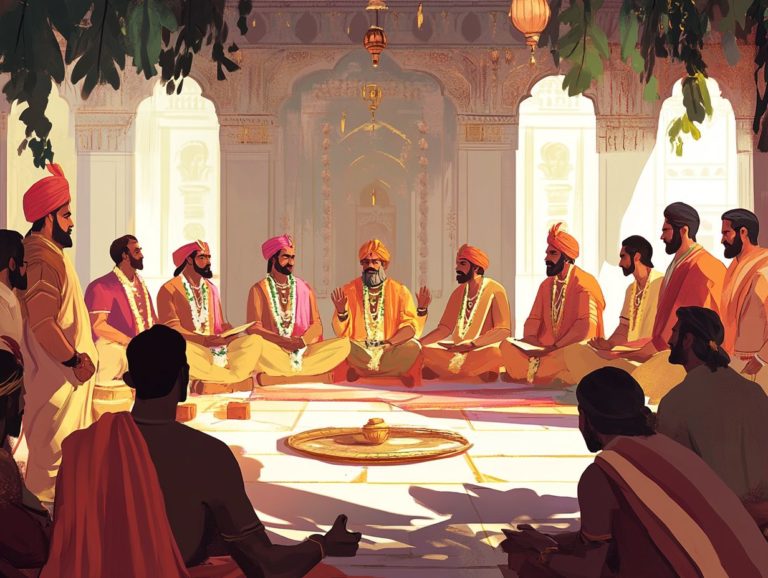Who is Mohini in Hinduism?
Mohini, a captivating figure in Hindu mythology, embodies the intricate duality of beauty and power. Renowned for her enchanting charm, she occupies a pivotal role in various legends, frequently linked to divine interventions and the timeless struggle between good and evil. This exploration delves into the multifaceted persona of Mohini, examining her symbolic meanings, places…










